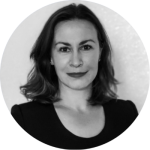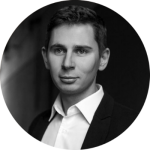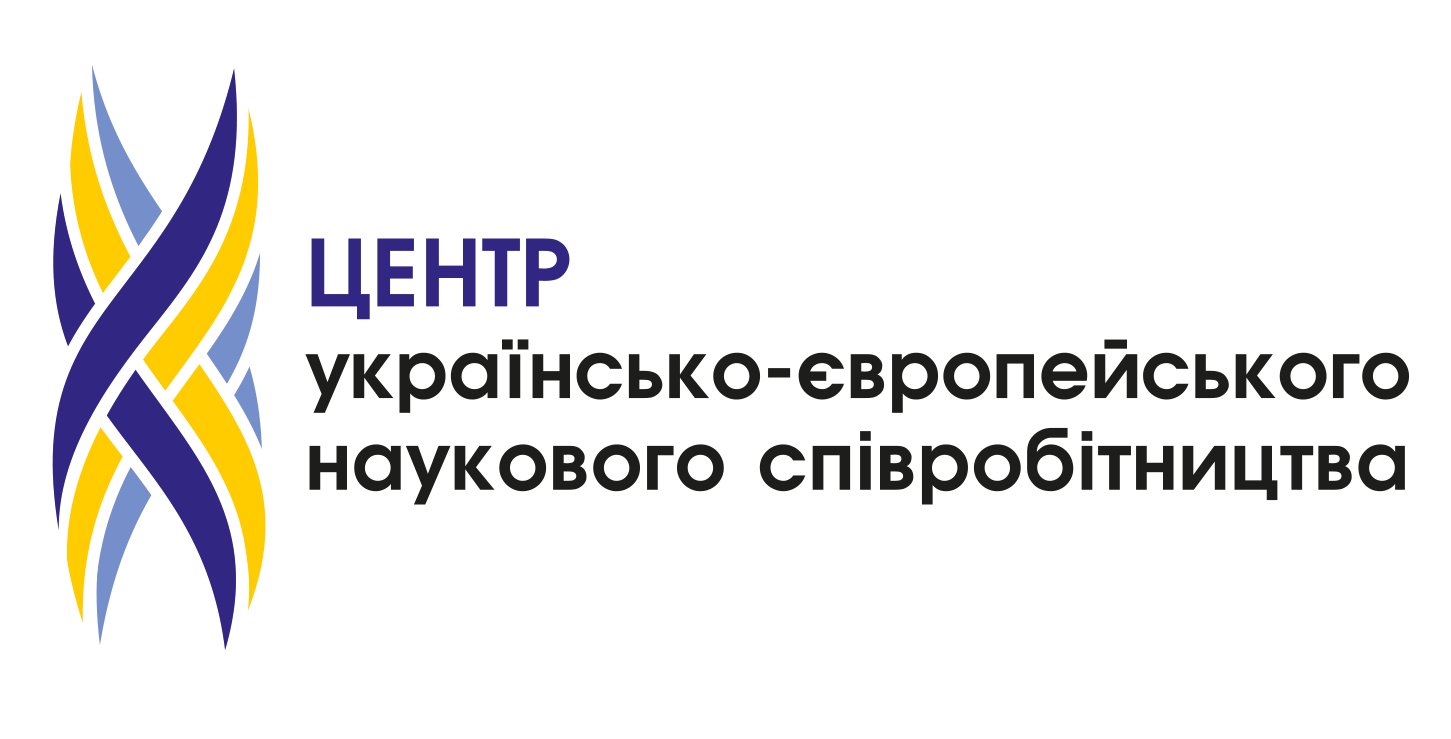 Mykhailo Dragomanov State University of Ukraine
Mykhailo Dragomanov State University of Ukraine
Center for Ukrainian and European Scientific Cooperation
The All-Ukrainian scientific
and pedagogical advanced training
PROFESSIONAL DEVELOPMENT
OF ACADEMIC STAFF
June 3 – July 14, 2024
Download the newsletter
Program of the All-Ukrainian scientific and pedagogical advanced training
We kindly invite academic and research staff, practitioners, undergraduate, postgraduate and postdoctoral students, and all interested in the relevant topic to participate in the all-Ukrainian scientific-pedagogical advanced training.
The professional advanced training program is developed taking into account the latest scientific achievements of general theoretical jurisprudence, constitutional law of Ukraine and foreign countries, administrative law. The program is aimed at the development of academic qualifications, general and professional competencies of scientific and pedagogical workers to ensure their training and teaching of state and legal disciplines at a high scientific, theoretical and methodological level. All participants will be provided with a collection of abstracts and an electronic certificate.The workload of advanced training consists of 6 credits ECTS (180 hours) and distributes 6 hours each day for 6 business weeks.
MEMBERS OF THE ORGANIZING COMMITTEE:
- Rusakov Serhii Serhiiovych – Director of the Scientific-Educational Institute of Philosophy and Education Policy, Mykhailo Dragomanov State University of Ukraine, PhD (Philosophy), Associate Professor;
- Rozova Tamara Viktorivna – Head of the Department of Philosophical Anthropology, Culture Philosophy and Cultural Studies of the Scientific-Educational Institute of Philosophy and Education Policy, Mykhailo Dragomanov State University of Ukraine, DSc (Philosphy), Professor;
- Vasylenko Viktoriia Stanislavivna – Deputy Director of the Scientific-Educational Institute of Philosophy and Education Policy, Mykhailo Dragomanov State University of Ukraine Assistant Professor at the Department of Theology and Religious Studies.
REGISTRATION PROCEDURE:
Participation form: remote.
Persons who are interested in participation should before May 31, 2024 (inclusively):
2) send a copy of payment confirmation to Organizing advanced_training@cuesc.org.ua (the coordinator provides you with payment details when you fill in an application).
NB!
From June 3 to July 14, 2024 (inclusively), during the advanced training, participants should send research-methodological abstracts to advanced_training@cuesc.org.ua.
RE: Advanced training on professional development.
Participation in the scientific and pedagogical advanced training without research and methodological report is impossible.
After September 27, 2024, every participant will receive a collection of abstracts and a certificate via e-mail indicated in the participation form.
THE EVENT INCLUDES THREE ZOOM LECTURES:
 June 11th, 14:30, lecture “Educated or happy: how the quality of education and the citizens’ happiness index correlate”. Speaker – Osadcha Larysa Vasylivna, Professor at the Department of Philosophical Anthropology, Culture Philosophy and Cultural Studies of the Scientific-Educational Institute of Philosophy and Education Policy, Mykhailo Dragomanov State University of Ukraine, PhD (Philosophy).
June 11th, 14:30, lecture “Educated or happy: how the quality of education and the citizens’ happiness index correlate”. Speaker – Osadcha Larysa Vasylivna, Professor at the Department of Philosophical Anthropology, Culture Philosophy and Cultural Studies of the Scientific-Educational Institute of Philosophy and Education Policy, Mykhailo Dragomanov State University of Ukraine, PhD (Philosophy).
The speaker about her lecture: We live in an era when education, relevant professional skills, and the ability to latently learn and adapt are extremely important. These are the building blocks of the social capital of a modern state, one of the most important components of civic well-being. According to 2022 data, Singapore, Taiwan, Japan, and South Korea showed the highest achievements in education. However, if we compare the results of another global study aimed at identifying the level of subjective well-being of citizens of different countries, we will see completely opposite results. The population of the Far Eastern countries, which underwent rapid modernization after World War II, demonstrates one of the highest levels of depression and anxiety in the world. So, is the choice of future prospects so narrow: to be educated or to be happy? Not at all. After all, countries such as Ireland, Denmark, Switzerland, and Finland have shown excellent results in both rankings. During the lecture, we will learn how the values of survival and self-realization influence the success and happiness of citizens; we will analyze the motto of the Finnish educational system: “You should study for the sake of life, not live for the sake of academic performance.”
 June 18rd, 14:30, lecture “Inclusive environment: a modern glossary for the world of people with developmental disabilities”. Speaker – Kozynets Oleksandr Volodymyrovych, Assistant Professor at the Department of Speech Therapy and Logopsychology of the Faculty of Special and Inclusive Education, Mykhailo Dragomanov State University of Ukraine, PhD in Pedagogy.
June 18rd, 14:30, lecture “Inclusive environment: a modern glossary for the world of people with developmental disabilities”. Speaker – Kozynets Oleksandr Volodymyrovych, Assistant Professor at the Department of Speech Therapy and Logopsychology of the Faculty of Special and Inclusive Education, Mykhailo Dragomanov State University of Ukraine, PhD in Pedagogy.
The speaker about his lecture: “Is it correct to refer to people with Down syndrome as ‘sunny’ people? What should we call someone who uses a wheelchair, and how should we talk about other categories of people with hearing, visual, musculoskeletal, and other disabilities? We will talk about all this at the scientific meeting.”
 June 25th, 14:30, lecture “Time management and attitude to it in different cultures”. Speaker – Osadcha Larysa Vasylivna, Professor at the Department of Philosophical Anthropology, Culture Philosophy and Cultural Studies of the Scientific-Educational Institute of Philosophy and Education Policy, Mykhailo Dragomanov State University of Ukraine, PhD (Philosophy).
June 25th, 14:30, lecture “Time management and attitude to it in different cultures”. Speaker – Osadcha Larysa Vasylivna, Professor at the Department of Philosophical Anthropology, Culture Philosophy and Cultural Studies of the Scientific-Educational Institute of Philosophy and Education Policy, Mykhailo Dragomanov State University of Ukraine, PhD (Philosophy).
The speaker about her lecture: “The phrase ‘Time is money’ originated in the industrial era, when rural people began to move to cities en masse. It was then that the solar time rhythm common to all began to condense and individualize. The ability to plan time effectively has become a prerequisite for business success, mental health, and self-sufficiency. During the lecture, we will learn what the Eisenhower time matrix is; how to balance doing your favorite (but unimportant) and necessary (but unloved) things; how to synchronize the work of small groups and maintain a sense of satisfaction from the activity; how to calculate the timing of cooperation when interacting with foreign partners; how cultural affiliation affects the social sense of time.”
A link to the online lecture will be sent to all participants after paying participation fees. Online lectures will be saved.
ACADEMIC INTEGRITY:
The Organizing Committee of the All-Ukrainian Advanced training guarantees high-quality anonymous peer-review of each contribution. All papers are subject to check for plagiarism using StrikePlagiarism.com by the Polish company Plagiat.pl.
REQUIREMENTS FOR ABSTRACTS:
Volume – from 2 to 5 pages, А-4, Microsoft Word.
Font – Times New Roman, size – 14; line spacing – 1,5; the first line indention – 1,25 cm; margins – 2 cm.
Sequence of materials in abstracts: title (semi-bold capitals); the author’s surname and initials (semi-bold); academic degree, rank (if any), post, place of employment (study); text.
A file should be titled in accordance with the participant’s surname and initials (for example: Shevchenko T.H._abstracts).
References (without repetitions) are at the bottom of the text taking into account the National Standard of Ukraine DSTU 8302: 2015 “Information and documentation. Bibliographic reference. General principles and rules of composition”. Citations in the text should be marked with numerical order of a source according to the list and page (pages) number, for example [7, p. 16].
Languages: Ukrainian, English.
PROHIBITION ON USING
THE AGGRESSOR STATE’S SCHOLARLY PAPERS:
Languages: Ukrainian and English. It is prohibited citing and including in the reference list Russian-language publications published in any country, including papers written in other languages but published in russia and belarus.
SAMPLE OF ABSTRACTS:
Професійний розвиток педагогів
Русаков С. С.
кандидат філософських наук, доцент,
директор
Навчально-науковий інститут філософії та освітньої політики Українського державного університету імені Михайла Драгоманова
м. Київ, Україна
Текст… [1, с. 203].
Література:
- Фіцула М. М. Педагогіка : навчальний посібник для студентів вищих педагогічних закладів освіти. Київ : Видавничий центр «Академія», 2000. 544 с.
CONTACTS:
Center for Ukrainian and European Scientific Cooperation
 Contact person: Liashchova Anastasiia Oleksandrivna, Coordinator of the All-Ukrainian scientific and pedagogical advanced training.
Contact person: Liashchova Anastasiia Oleksandrivna, Coordinator of the All-Ukrainian scientific and pedagogical advanced training.
Contact number: + 38 (095) 653 40 42
Email: advanced_training@cuesc.org.ua
Web-site: cuesc.org.ua
Facebook: facebook.com/cuescinfo
YouTube: youtube.com/channel/cuescinfo









